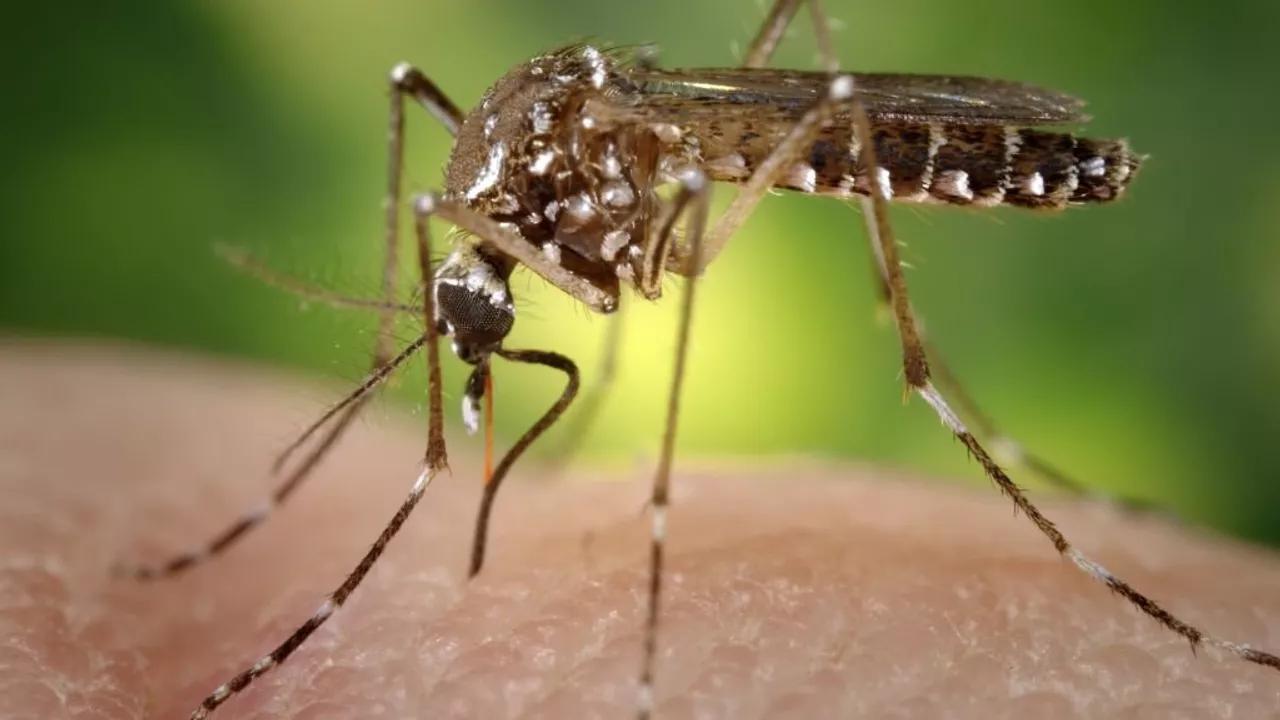Africa-Press – Cape verde. The nuisance of mosquitos comes part-and-parcel with warm summer evenings, forcing people to arm themselves with repellent, citronella coils, or opting for long sleeves. But some fare better than others when fending off the insects’ attacks.
Contrary to what some might think, mosquitoes are actually quite picky, and do not just randomly bite everyone, judging by the results of a new study.
Specific body smells are a turn-on for these pesky insects, which explains why they find some people more attractive than others, findings published in the journal Current Biology claimed. Just one whiff from as far as over 100 meters away can send them rushing to their prey.
A team from Johns Hopkins Bloomberg School of Public Health’s Malaria Research Institute and Zambia’s Macha Research Trust teamed up to carry out an experiment on a testing site in the Choma district Zambia. They laid out a selection of evenly spaced pads heated to 35oC (to imitate human skin). Furthermore, for six consecutive nights, the pads were dabbed with specific aromas of six volunteers, sleeping in tents. For this task, repurposed air conditioner ducting was used to pipe air from each tent onto the heated pads. Meanwhile, the researchers collected nightly air samples from the tents.
Every night, a swarm of some 200 ravenous African Anopheles gambiae malaria mosquitos were released. Armed with infrared motion cameras, the scientists monitored the landings to see which body odor lured the mosquitoes the most.
40 chemicals emitted by the volunteers were singled out as part of the trials. Mosquitoes in the experiment consistently headed for people who emitted more carboxylic acids – organic compounds produced by skin microbes. In other words, human sweat “incubated with bacteria” was more attractive to the insects than odorless sweat.
However, the experiment also showed that one specific volunteer attracted very few mosquitoes. While this individual emitted fewer acids, the research showed an elevated presence of a plant compound called eucalyptol in the person’s emissions. In fact, it was triple the amount found in the other volunteers. Eucalyptol can typically be found in oils, herbs, and spices. Why was its content elevated in the case of this volunteer? Quite possibly due to diet, the study speculated.
In any case, surely more fascinating research will follow to shed more light on how mosquitos single out their human prey.
For More News And Analysis About Cape verde Follow Africa-Press






